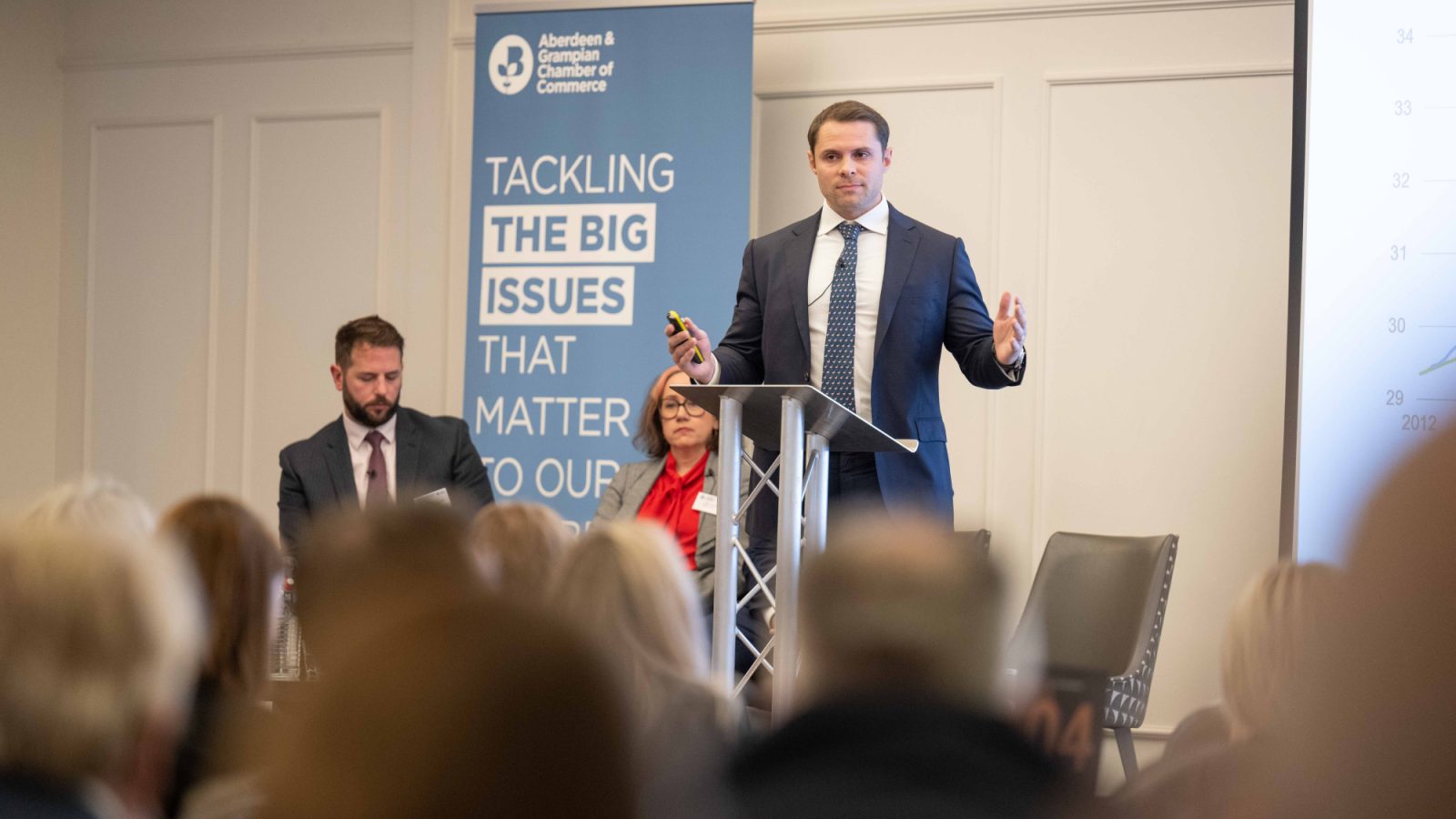The money markets are betting on the Bank of England increasing interest rates to 6% by the end of this year.
Despite inflation falling to its lowest level since February 2022, core inflation remains stubbornly high.
As a result, investors are betting that borrowing costs are on course to hit their highest level since January 2001 as the central bank tries to control inflation.
The Times says higher interest rate expectations in the City have been triggered by underlying price pressures resisting tighter monetary policy.
Figures published on Wednesday by the Office for National Statistics revealed that the rate of annual prices growth in Britain fell to 6.8% last month, the lowest reading since before Russia’s invasion of Ukraine and down from 7.9% in the previous month.
However, although headline inflation met the Bank’s forecast, other price indicators surprised analysts.
The ONS said core inflation, which removes volatile food and energy prices, had held steady at 6.9%. Services inflation, which the Bank monitors closely when making interest rate decisions, jumped to 7.4% from 7.2%, above the Bank’s projection for July.
However, Tom Pugh, Chief Economist at RSM, is more optimistic, estimating that rates might top out at 5.75%.
"The sharp fall in inflation in July will give the Monetary Policy Committee (MPC) something to smile about after a couple of more worrying (from an inflation standpoint) data releases and will allow it to stick to a 25 basis points (bps) hike in September.," he said.
"Just as importantly, it means a terminal rate of 5.5% to 5.75% still looks likely, more aggressive rate hikes probably won’t be needed."

Tom Pugh will headline a Business breakfast in Aberdeen in October
Mr Pugh - who will headline an Aberdeen & Grampian Chamber of Commerce Business Breakfast in October, added: "Admittedly, core inflation, which excludes volatile energy and food prices, and services inflation, both rose to 6.9% and 7.4% respectively.
"The movement in services CPI will be of most interest to the Bank of England, as this is the part of the inflation basket that is more closely linked to the evolution of the domestic economy. But the rise in services inflation was mainly due to rising rents and healthcare services rather than businesses passing on costs.
"We'll now have to wait until October for the next big drop in inflation - we expect it to reach around 4.5% by the end of this year and 2% in the second half of 2024.
"The big picture is that services inflation remains far too high. Indeed, inflation is proving stickier in the UK than elsewhere. Bigger labour market shortages than in the EU and the US combined with more slowly falling energy costs mean the BoE still has work to do before it can relax.
"That suggests a 25 bps hike in September and potentially another one in November, but that will depend on the data between now and then."
If you'd like to hear Tom discuss the future direction the UK economy, click here to reserve you place at our forthcoming breakfast.
FTSE 100
The UK's top share index, the FTSE 100, was down 44-points at 7,265 shortly after opening this morning, following yesterday's 46-point drop.
Brent crude futures were up 0.10% at $84.20 a barrel.
Companies reporting today
- Bank of Georgia Group - Q2 Results
- Empiric Student Property - Half year results